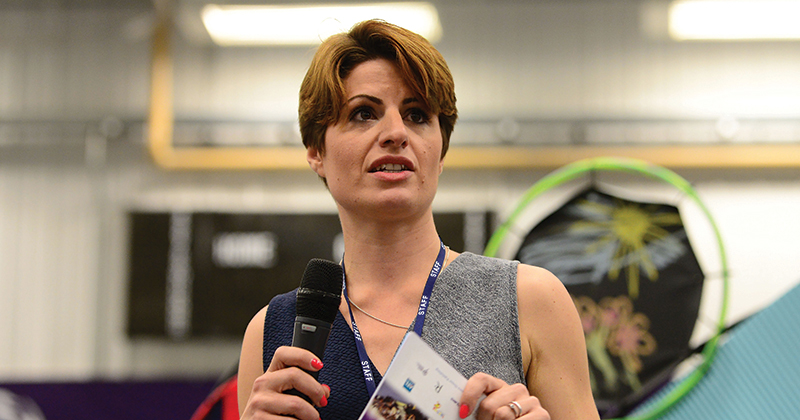The government is likely to consider holding schools accountable for the “soft progression” of excluded pupils and not just their academic progress, a senior adviser to ministers has said.
Edward Timpson, who chaired the government’s recent landmark review of exclusions, told MPs today he would be “surprised” if a consultation on a new accountability system for excluded pupils didn’t consider how measures such as attendance could be used alongside progress when holding schools to account.
I think there is some wind in those sales, but it’s also really important that it’s done in a way that has credibility right across the system
The government said in response to the Timpson review in May that it will finally hold schools to account for the outcomes of pupils they exclude, but the finer details will be fleshed out following a consultation on the matter.
Giving evidence to the parliamentary education committee this morning, Timpson said that although previous attempts to tie the results of excluded pupils to the excluding school have focused on an academic value-added measure, it was important to consider those pupils whose progress is “not always wholly measurable through academic performance”.
He said he was interested in how the government would understand “what progression school has managed to engender during a period that they have been outside of mainstream”, adding that “attendance would be an obvious one”.
“I think that is an area where it would be good to see some reflection of that softer side of progression,” he told MPs.
During the hearing, Emma Hardy, a Labour MP and former National Union of Teachers activist, warned that the current accountability system for schools included no way of recording “huge milestones” that may be reached by some pupils in areas other than academic progress.

Of particular concern are children with social, emotional and mental health needs, who may need a lot of support just to participate in class.
“This is not credited to a school, all the intensive work that has gone in towards making a child who felt excluded from the whole of the class part of the class community,” Hardy said.
Pressed on whether he felt soft progression would be included in the new accountability measures, Timpson said: “From my point of view, this consultation which is now being undertaken by the government into what this accountability would look like, I would be surprised if this isn’t part of what people will want to propose.
“So I think there is some wind in those sales, but it’s also really important that it’s done in a way that has credibility right across the system, because there will be those who are very sceptical about that, and potentially some unintended consequences attached to it which in the past have played out.
“So in terms of the principle, I’ve articulated my view and I’m sure it’s shared by others, but if it is going to materialise into something which can cement itself within the accountability system, it is going to have to be measurable in a way that every school feels confident that it is going to make them do more of the right thing, and not just be some sort of window dressing.”








I think the wind should be in the sailing type of ‘sails’ not the retail ‘sales’!